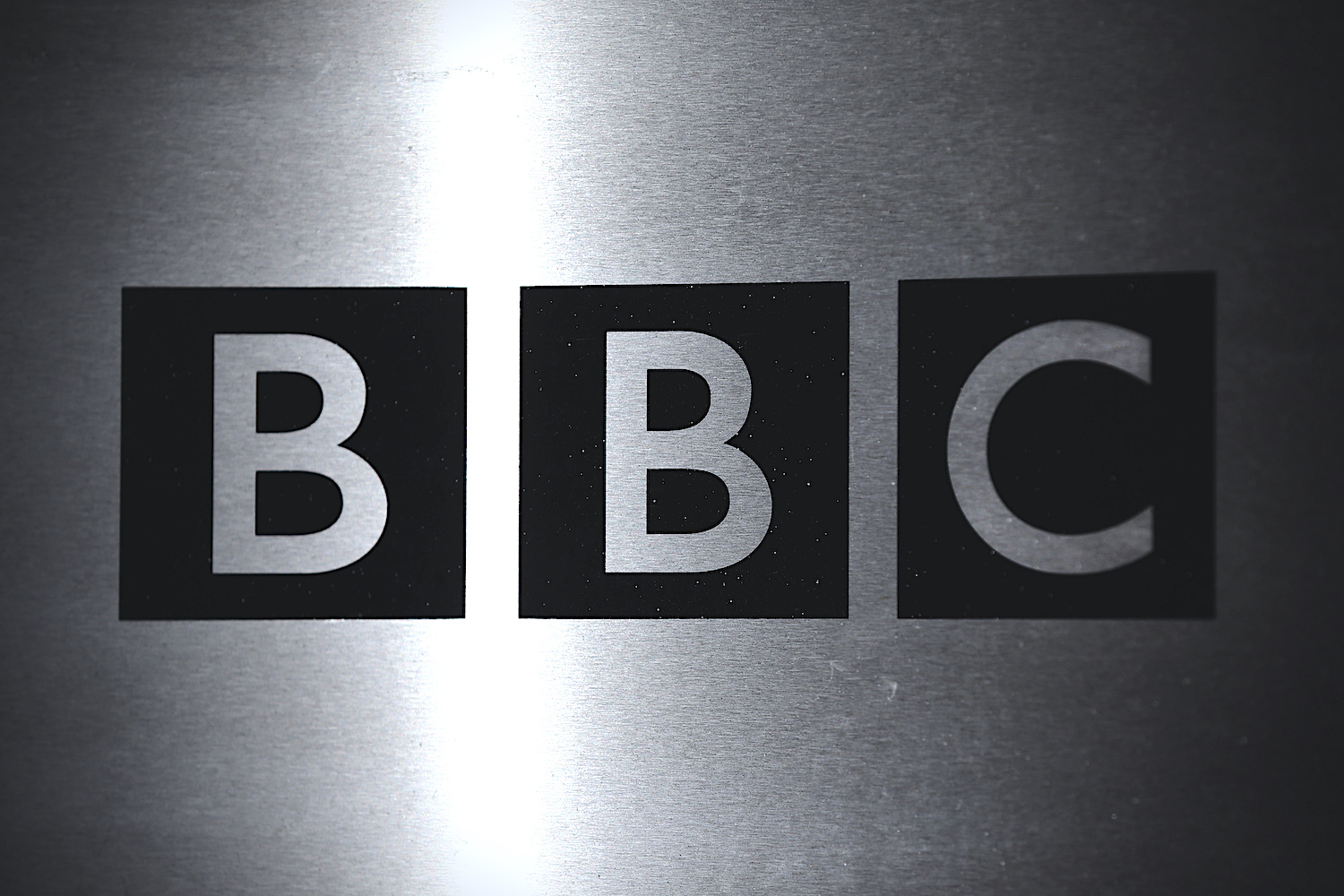BBC's Gaza Documentary Review: A Whitewash or Genuine Reflection?

The BBC's highly anticipated editorial review of its controversial documentary, Gaza: How to Survive a Warzone, has finally been released. However, instead of a thorough examination of potential journalistic shortcomings, many critics are accusing the broadcaster of a blatant attempt to downplay serious concerns and protect its reputation. The review, published today, has sparked a fierce debate about journalistic integrity, impartiality, and the BBC's commitment to accurate reporting in conflict zones.
A Damning Report, or a Defence?
The original documentary, broadcast in 2021, faced immediate criticism for allegedly presenting a biased perspective on the conflict between Israel and Hamas. Accusations ranged from overlooking Hamas’s role in the violence to failing to adequately contextualize the situation within the broader history of the region. Calls for an independent inquiry were widespread, but the BBC opted for an internal review – a decision that has now been questioned given the perceived outcome.
The review itself appears to acknowledge some areas where the documentary could have been improved. It concedes that the framing of certain narratives could have been more nuanced and that a greater effort should have been made to include a wider range of voices. However, it largely defends the overall approach and dismisses many of the more serious allegations as unfounded. This has led to accusations of a whitewash, with critics arguing that the review was designed to protect the BBC from further scrutiny and potential legal action.
Concerns Remain: Bias and Context
One of the central criticisms of the documentary was its portrayal of Israeli actions. Critics argued that the film focused disproportionately on civilian casualties caused by Israeli military operations, while downplaying or ignoring the rocket attacks launched by Hamas into Israel. The BBC’s review addresses this concern, stating that “while Israeli actions undoubtedly caused harm to civilians, it is important to acknowledge the context of the conflict and the security challenges faced by Israel.” However, many believe this statement falls far short of a genuine acknowledgement of the complexities of the situation.
Furthermore, the documentary was accused of lacking sufficient historical context. The conflict between Israel and Palestine is rooted in decades of complex political and territorial disputes. Critics argued that the BBC’s documentary failed to adequately explain this history, leading to a skewed understanding of the current situation. The review acknowledges this criticism but offers little in the way of concrete solutions.
The Impact on Public Trust
The controversy surrounding Gaza: How to Survive a Warzone and the subsequent review has raised serious questions about the BBC’s impartiality and its ability to provide unbiased reporting on sensitive topics. The BBC is a publicly funded broadcaster, and it has a responsibility to maintain the trust of its audience. This incident has undoubtedly damaged that trust, and it is crucial that the BBC takes steps to address the concerns that have been raised.
The debate surrounding the BBC's Gaza documentary review is far from over. Whether it represents a genuine attempt at self-reflection or a cynical exercise in damage control remains to be seen. However, one thing is clear: the incident has highlighted the challenges of reporting on conflict zones and the importance of maintaining journalistic integrity in the face of intense pressure.
What's Next?
Calls for an independent investigation are likely to continue, and the BBC will need to engage with these demands if it hopes to restore public confidence. The incident serves as a stark reminder of the need for rigorous editorial oversight and a commitment to presenting all sides of a story fairly and accurately, particularly when dealing with emotionally charged and politically sensitive issues.






